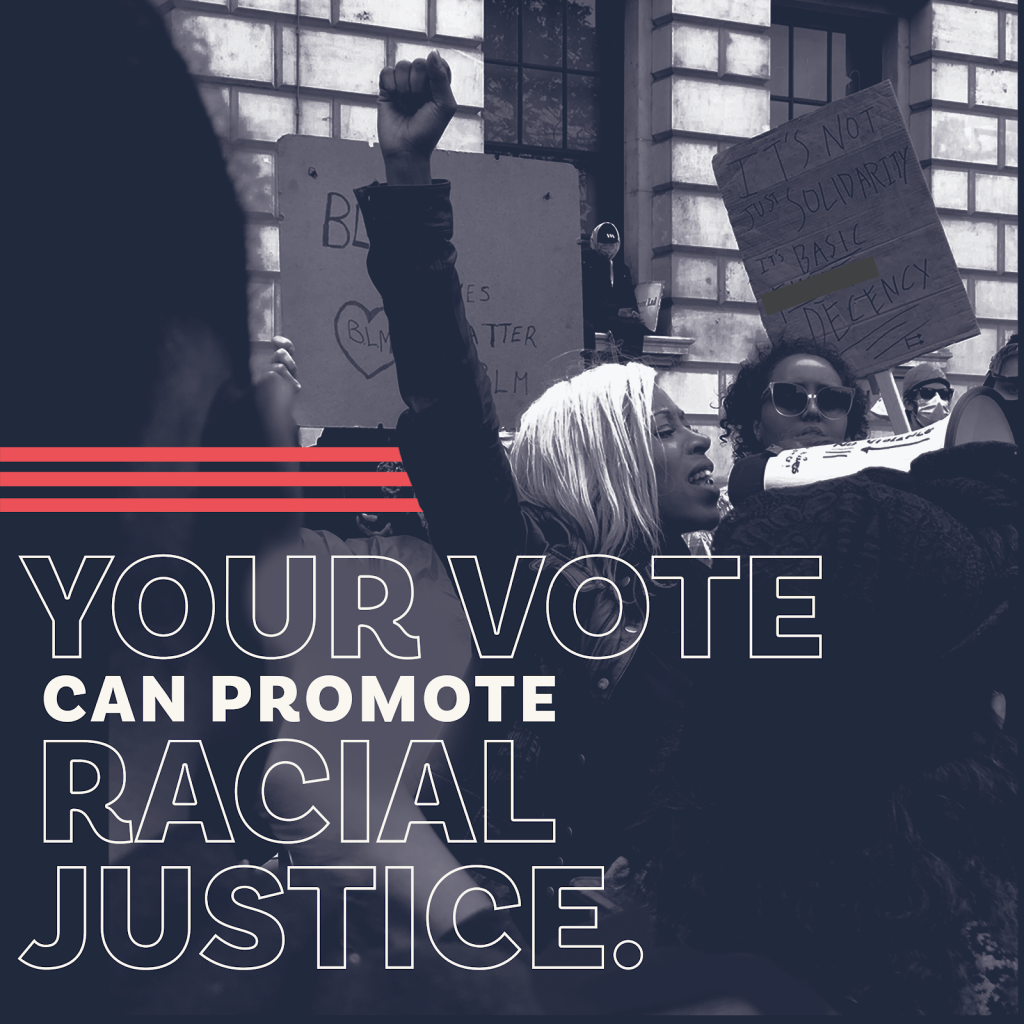MITvote Guest Blog: Motivated By The Fight for Racial Justice? Vote in your Local Elections

by Chase Reid
Nobody said change would come easily. All across the country, we’ve seen an uproar–a cry for help. It’s been over a month now since an unarmed Black man, George Floyd, was brutally murdered by police in Minneapolis. On that day, the worst of humanity was on display. In the aftermath of George Floyd’s grizzly death, millions of protesters took to the streets to voice their anger, their frustrations, and their hopelessness at a system that had, once again, indiscriminately robbed a Black man of his life.
Truth be told, we’ve seen this all before. A senseless murder. Hundreds of thousands on the streets. Outrage. Then silence. That is precisely the problem. It’s easy, in the wake of violence, to resort to inaction. To accept the status quo. To accept that nothing will ever change. But our inaction enables the continuation of brutality. Inaction enables the continued murder of Black lives. When we go silent, we give those in power our tacit endorsement to operate without scrutiny and without accountability. It’s natural to feel despair. It’s natural to feel helpless. But it’s time for all of us to remember that nothing will change if we wait idly for others to do the work for us. It’s our voice (and our vote) that’ll ultimately make the difference.
The laws that exempt police officers from scrutiny aren’t created in a vacuum. Often, they’re crafted (and reformed) by state and local officials. The same state and local officials that come knocking on our door every few years to ask for our vote. That’s our tool. As citizens, our vote reigns supreme. Or, at least it can. When we actively engage in voting, we have the power to hold our elected official accountable to our desires and our needs. Our vote decides whether or not we elect officials who are vocal about ending no-knock warrants, like the Louisville Metro Council is working towards, or whether or not we resign to “tough-on-crime” candidates, who often run under the guise of supposed safety.
All too often, we get caught up in the hustle and bustle of national elections. Nonstop coverage, social media, and primetime attention put national elections front and center. While national elections are important, there’s perhaps nothing more consequential to you, as a citizen, than the machinations of your local political environment. Indeed, it’s your prosecutor who determines whether or not to criminalize poverty, which so often means criminalizing the circumstances so many Black Americans find themselves in. There’s probably no better example of this than Suffolk County DA Rachael Rollins here in Massachusetts, who took her mandate at the ballot box and parlayed it into a crusade against the prosecution of petty, poverty-related crimes, which often targets Black and brown communities. But Rollins is just one piece of the puzzle. Had voters not shown up to support her message of criminal justice reform, DA Rollins would’ve never been able to enact the change that has undoubtedly put less Black lives in confrontation with officers of the law.
At an even lower level of government than prosecutors and district attorneys, our own municipalities play a key role in the fight for racial justice.We, as voters, play an important role in keeping them to task. Municipalities play an important role when it comes to police budgets, ordinances that are enforced by police, and the provision of public services. While many call for a reallocation of police funding to other vital areas, like affordable housing, education, and poverty alleviation programs, few realize who determines all of this: their local, municipal government.
Turnout for municipal elections are among the lowest across the entire political spectrum–and that trend is getting worse by day. This turnout is especially dismal among young voters, even as many take to the streets and social media to call for reforms. If you believe that your community is overpoliced, it’s your municipal government that can change that. If you believe the money used for policing would be better served in the hands of educators, social workers, and charitable organizations, it’s your municipal government that can change that. If you believe a certain ordinance disproportionately unduly punishes those of a certain race, it’s your municipal government that can change that. Voting in a municipal election can determine the difference between a city council that votes to disband and rebuild their police department, as was the case with Camden, New Jersey, or a city council that votes to increase funding for the police department, as was the case recently with San Diego, California. Both are policies that contribute (for better or for worse) to racial injustices and both are outcomes that you, the voter, can decide on.
—
If you are motivated by the struggle of racial justice, if you no longer wish to see a world where depravity can go unpunished, and if you find yourself helpless, then there’s one, incredibly important thing you can do to change all of that in your community: vote. The future is in your hands. And you wield the most important weapon of all–your vote.
